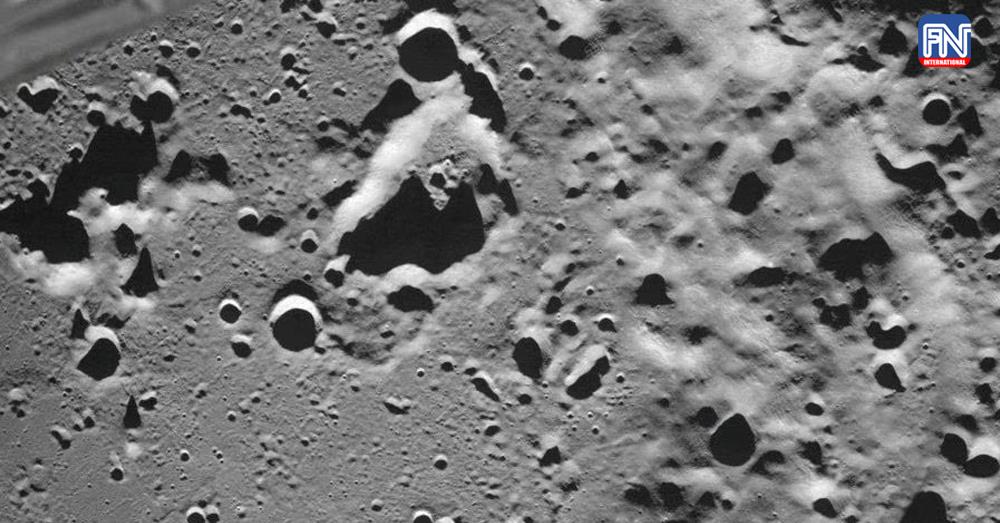MOSCOW, Aug 20 (Reuters) - Russia's first moon mission in 47 years failed when its Luna-25 space craft spun out of control and crashed into the moon after a problem preparing for pre-landing orbit, underscoring the post-Soviet decline of a once mighty space programme.
Russia's state space corporation, Roskosmos, said it had lost contact with the craft at 11:57 GMT on Saturday after a problem as the craft was shunted into pre-landing orbit. A soft landing had been planned for Monday.
"The apparatus moved into an unpredictable orbit and ceased to exist as a result of a collision with the surface of the Moon," Roskosmos said in a statement.
It said a special inter-departmental commission had been formed to investigate the reasons behind the loss of the Luna-25 craft, whose mission had raised hopes in Moscow that Russia was returning to the big power moon race.
The failure underscored the decline of Russia's space power since the glory days of Cold War competition when Moscow was the first to launch a satellite to orbit the Earth - Sputnik 1, in 1957 - and Soviet cosmonaut Yuri Gagarin became the first man to travel into space in 1961.
It also comes as Russia's $2 trillion economy faces its biggest external challenge for decades: the pressure of both Western sanctions and fighting the biggest land war in Europe since World War Two.
Though moon missions are fiendishly difficult, and many U.S. and Soviet attempts have failed, Russia had not attempted a moon mission since Luna-24 in 1976, when Communist leader Leonid Brezhnev ruled the Kremlin.
Russian state television put news of the loss of Luna-25 at number 8 in its line up at noon and gave it just 26 seconds of coverage, after a news about fires on Tenerife and a 4 minute item about a professional holiday for Russian pilots and crews.
Russia has been racing against India, whose Chandrayaan-3 spacecraft is scheduled to land on the moon's south pole this week, and more broadly against China and the United States which both have advanced lunar ambitions.
As news of the Luna-25 failure broke, the Indian Space Research Organisation (ISRO) posted on X, formerly Twitter, that Chandrayaan-3 was set to land on Aug. 23.
Russian officials had hoped that the Luna-25 mission would show Russia can compete with the superpowers in space despite its post-Soviet decline and the vast cost of the Ukraine war.
